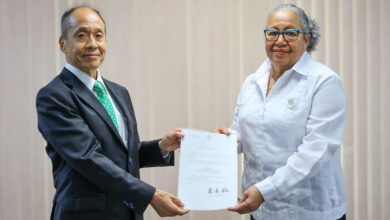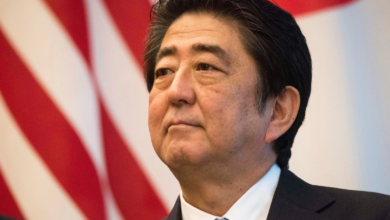(CARICOM Secretariat, Turkeyen, Greater Georgetown, Guyana) Chairman of the Conference of Heads of Government of the Caribbean Community (CARICOM), the Rt. Hon. Perry Christie, Prime Minister of the Bahamas has expressed satisfaction that the United States of America and Japan were willing to show greater flexibility on the issue of GDP per capita as a determinant for concessional financing for development.
He noted in his address to the opening ceremony of 26th Inter-sessional Meeting of the Conference of Heads of Government of CARICOM, being held in Nassau, Bahamas, that the Region’s relations with the US were evolving.
Describing this third state partner as “the Region’s most important trading and security partner,” he said US Vice President, Joe Biden, had announced on 26 January 2015, the United States will no longer block concessional financing to middle income countries from the International Financial Institutions (IFIs) for energy and climate change-related financing, based on GDP per capita thresholds.
CARICOM has been consistent in expressing its concerns on IFIs policy of graduating middle-income countries from development financing based solely on the criteria of per capita income. The EU has followed the trend of introducing differentiation in its new development policy, resulting in diminishing resources to middle-income countries such as CARICOM’s.
In this regard, Prime Minister Christie said CARICOM’s ongoing energy talks with the US should include the issue of funding without conditionalities, as well as the facilitation of the export of liquefied natural gas (LNG), and the implementation of the stated commitments outlined in the Caribbean Energy Security Initiative (CESI). The CESI is intended to assist the Caribbean in overcoming its dependence on traditionally expensive imported fossil fuels.
“We are acutely conscious of the fact that the Energy sector has direct and profound implications for economic development. Most of the Caribbean is non-industrialized and heavily dependent on Tourism. Energy costs have a direct effect on pricing and this can affect competitiveness as it relates to the Caribbean’s niche in global tourism.”
“Colleague Heads, I therefore entreat you to continue your support for the launching of the Caribbean Centre for Renewable Energy and Energy Efficiency. In this endeavour, while we continue to strengthen cooperation with traditional partners, we would also be looking to develop new partnerships with other regional groupings,” Prime Minister Christie stated.





